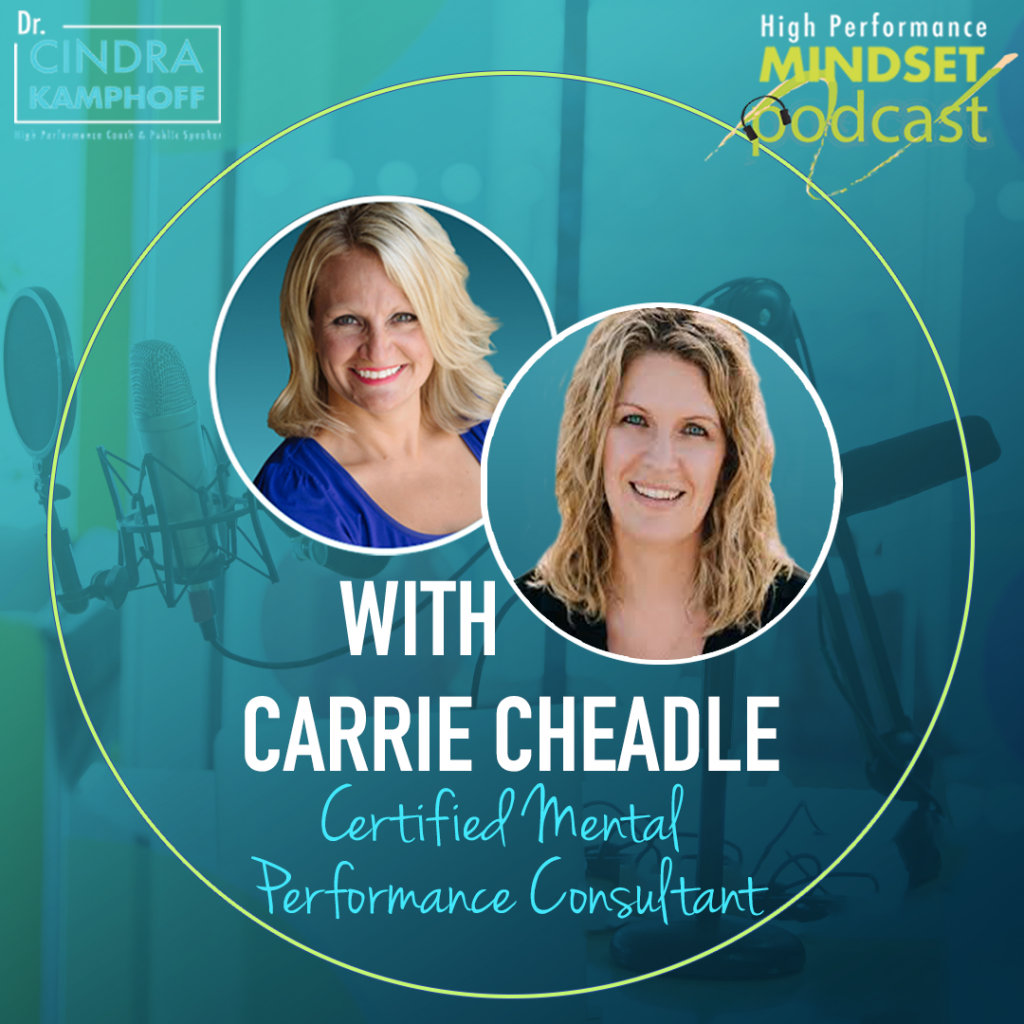Rebound: Train Your Mind to Bounce Back Stronger with Carrie Cheadle, Certified Mental Performance Consultant

Carrie Cheadle lives just north of San Francisco, California and has been working on the performance of teams, organizations, and individual athletes and exercisers since 2002. She is a Certified Mental Performance Consultant through the Association for Applied Sport Psychology and author of the book On Top of Your Game: Mental Skills to Maximize Your Athletic Performance and co-author of Rebound: Train Your Mind to Bounce Back Stronger from Sports Injuries as well as the co-host of the podcast The Injured Athletes Club.
She has been interviewed as an expert resource for articles that have appeared in publications such as Outside Magazine, Shape Magazine, Men’s Fitness, Women’s Health, Runner’s World, Women’s Running Magazine, Bicycling Magazine, New York Times, and HuffingtonPost. She is a sought-after speaker and has spoken and consulted with many collegiate teams, cycling teams, and triathlon teams, as well as corporate organizations including CamelBak. She’s also been featured in the TrainingPeaks blog and webinar series as an expert in Mental Skills Training.
She received her Bachelor of Arts degree in psychology at Sonoma State University and her Master of Arts degree in sport psychology at John F. Kennedy University.
Carrie is engaging, energetic, and fun. She has a great sense of humor and employs a real-life approach to working on the mental aspects of sport and performance with her clients. Carrie has her own personal commitment to lifelong fitness and when she isn’t working you might find her hiking a trail, playing guitar, or hitting the slopes on her snowboard.
In this podcast, Carrie and Cindra talk about:
- Her new book Rebound and the contents that can help you
- 4 types of coping
- Her “Go Far” exercise
- Her “Feel Focus” exercise
- Why you need to understand your operating manual
You can find a full description of the Podcast at cindrakamphoff.com/carriecheadle.
